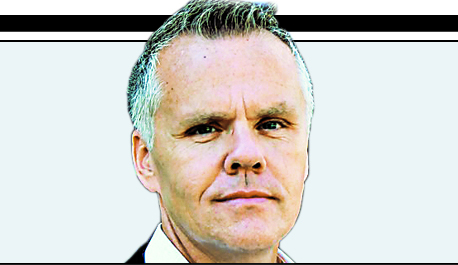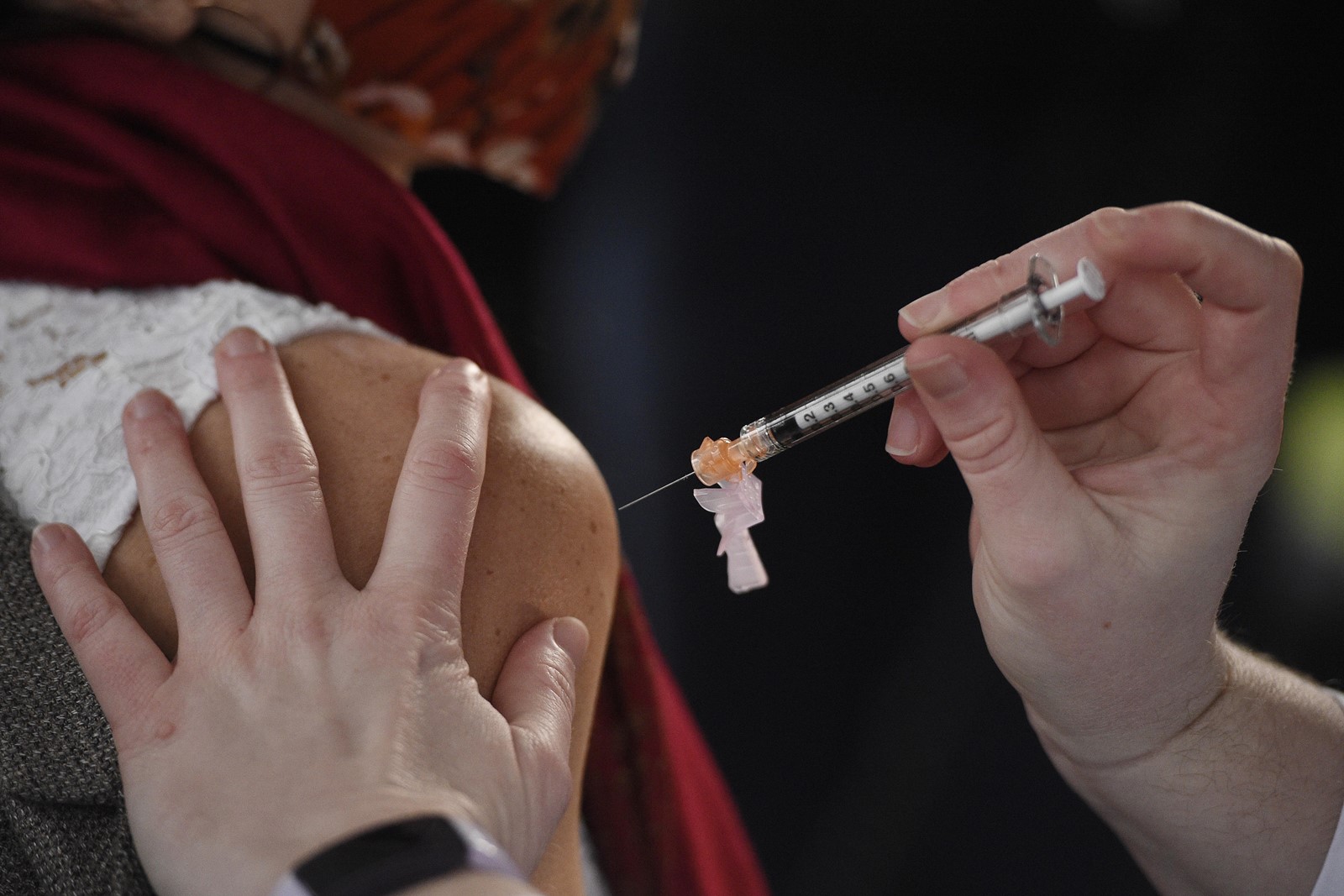Behavioral science, mass marketing to play key role in persuading skeptics


Rose Dolowy is eager to roll up her sleeve to receive the COVID-19 vaccine when it becomes available in Indiana or Illinois for the general public.
She and her 70-year-old husband, Rich Ackerman, live in Hegewisch, a Chicago neighborhood just five minutes from the Indiana state line. The couple, whose doctors are based in Indiana, do not have serious concerns about adverse side effects from our nation’s first vaccine for this coronavirus. Doses began arriving in states Monday for the first phase of inoculations.
“All vaccines can have side effects,” said Dolowy, who’s 71. “I’ve read about the common side effects reported by… those in the (clinical) trials. It sounded similar to what I experienced after receiving my first pneumonia shot this year.
“The uncertainty of how people respond to the COVID-19 infection, anywhere from asymptomatic to death, was the deciding factor in our decision,” Dolowy said. “Both of us definitely are looking forward to being able to get the vaccine.”
Most readers I’ve heard from this past week feel the same way. Unlike with the continuing mysteries surrounding COVID-19, there’s a sense of unilateral assuredness from the international health community for this new vaccine, which may put an end to an outbreak that has killed nearly 300,000 Americans.
“Every single health care worker I’ve heard from are 100% on message that this vaccine is safe and everyone should get it as soon as possible,” said Micah Pollak, an associate professor of economics at Indiana University Northwest.
His research interests cover a wide range of topics including data analytics and health economics, especially in the context of COVID-19. For several months, Pollak has kept a steady pulse on this complex, evolving topic, sharing updates and the latest figures on
“From what I’ve seen, one big difference between how people are reacting to the vaccine versus COVID-19 in general is that the entire medical and health care community is extremely united in their messaging about the safety of this vaccine,” Pollak said. “I don’t know how much of a difference it will make in convincing everyone about the safety of the vaccine, but it will certainly help.”
I asked Pollak if he’s hearing from people who’ve shared serious concerns or irrational suspicions about this vaccine – labeled as 95% effective and safe for most recipients – to be given in two shots about three weeks apart.
“Well, I have a disproportionate amount of Twitter followers in the medical field and among them there has been absolutely zero concern or fears about it,” he replied. “They, and I, can’t wait. We would get it right now, this minute, if we could.”
The same can’t be said for many of my readers who are leery of receiving the vaccine. Some of them have expressed understandable concerns and others have revealed conspiracy-infected paranoia. A few people have earnestly warned me against receiving this vaccine, insisting it could lead to “microchip tracking devices” being implanted into our bodies. Such groundless suspicions shouldn’t be surprising in the wake of a presidential election that spread so many lies and intentional misinformation.
Propaganda about national politics is one thing. Outright lies about a vaccine for a deadly virus is another thing. This mass rollout of this vaccine, in three phases over the next several months, is a record-setting scientific achievement that’s already being
Once again in 2020 we are living in a historic period of time, not only in our country but in our world. It’s easy to lose focus of such a monumental realization amid the dreary details of a pandemic. Or amid the daily minutiae of our life – jobs, kids, bills, meals, errands, and other mind-numbing responsibilities.
Operation Warp Speed may have been launched in record time for such a massive undertaking, but living through this public health crisis feels like time has stood still for months. Finally, shipping companies UPS and FedEx are now delivering Pfizer’s vaccine to nearly 150 locations across the country. This sounded like science fiction just a few months ago.
“Who would have thought we’d be applauding truck drivers hauling a vaccine before Christmas?” my doctor told me Monday during my annual physical. Although he’s a front line health care professional, he’s not expecting his own vaccine shot to arrive for weeks. Logistics will be a challenge, he said.
In August, I asked readers if they would receive a vaccine if one becomes available this year. Most people replied with an emphatic “no.” Not then anyway. This attitude has softened with the virus outbreak resurging as we head into winter. One newspaper headline has caught my attention: “Every day is 9/11 as COVID-19 death toll tops 3,000 Americans every day.” Gulp.
Still, there are skeptics taking a wait-and-see approach before rolling up their sleeve, twice. One of my readers called the initial vaccine recipients “guinea pigs.” Another reader who’s a Vietnam veteran said, “They told me Agent Orange was safe too. Now I receive a disability payment from the government for cancer that was caused by Agent Orange.”
A national survey from The Associated Press-NORC Center for Public Affairs Research shows about half of Americans will not accept the vaccine. One quarter of U.S. adults aren’t sure if they want it. Another quarter of survey participants insist they won’t get it.
“Public health officials face a big challenge when it comes to persuading vaccine skeptics,” said Dave Johnson, author of the book, “Market Vs. Medicine: America’s Epic Fight for Better, Affordable Healthcare.”
Mass marketing and behavioral science will have to key play a role in getting skeptics to understand the public health value of their personal decision to get this vaccine.
“It reminds me of how Texas reduced littering by appealing to macho instincts with its incredibly successful Don’t Mess with Texas campaign,” Johnson said.
Maybe we should inject a similar campaign nationally for this vaccine: “Don’t Mess with COVID-19.” Would this be macho enough for those anti-vaccine advocates? I doubt it.


 PREVIOUS ARTICLE
PREVIOUS ARTICLE
